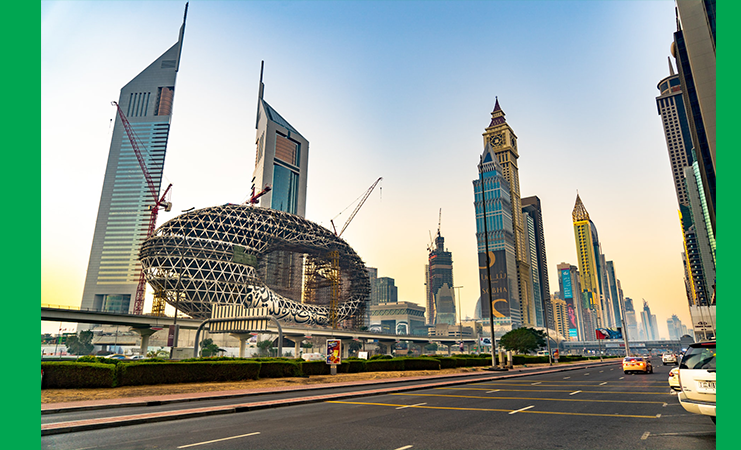Considering the nearly 2 billion followers of Islam and the rapid growth of the international Muslim community over the last few years, it is safe to say that the Islamic financial sector is on the rise.
With Islamic banking’s 6% share in the global banking market, researchers expect Islamic finance’s total asset value to surge from 2019’s $2.88 trillion to $3.69 trillion by 2024.
Such a growth rate provides an excellent opportunity for market players to innovate and leverage via an emerging technology like the blockchain to build inclusive financial products that follow Islam’s values and ethics.
What Should I Know About Islamic Finance?
Sharia law is a religious regulatory system based on Islamic ethics and values. Most importantly, it governs every aspect of Muslims’ economic, communal, and social activities.
Regarding economic activities, the Sharia law makes it illegal to pay or charge interest (riba) due to deeming it unethical and usurious practice. For that reason, alternative financing structures are used in Islamic finance, such as the markup-focused Murabaha and the partnership-based Mudarabah.
Furthermore, the Islamic world’s laws also seek to maintain complete transparency, encourage fairness, and share risks equally between fund managers and investors.
It is also important to mention that while conventional investments generate profits for a smaller group of stakeholders, Islamic finance projects aim to create value for the whole Muslim community.
On the one hand, Sharia law seeks to create a more equal, fairer, and ethical financial world. However, the end result is a rather restricted framework.
The Muslim Community’s Entry Into the Decentralized Financial World
From fairness, transparency, and community-centered business models, decentralized finance (DeFi) and Islamic finance share important values and principles. And with a Shariah-compliant blockchain network, the international Muslim community can finally join and benefit from this new digital economy.
However, crypto projects have to consider a few core aspects when building blockchains that align with the rules of Islam.
First, gold and silver are mentioned in the Qur’an as two preferred currencies. So Shariah-compliant cryptocurrency would feature a deflationary mechanism similar to Bitcoin’s halving and a limited supply hardcoded on the protocol level. As no one can arbitrarily generate more tokens above this cap, the asset would feature similar safeguards against currency devaluation as gold or silver.
Furthermore, as blockchain networks are public and accessible for everyone to audit, investors can utilize the distributed ledger to monitor their investments and ensure that they only put money into Halal financial instruments.
Also, to comply with Sharia law regarding riba, compliant blockchains should use alternative financing methods instead of charging interest rates or commissions on user transactions and asset holdings.
Moreover, blockchain technology makes it very easy to donate. By leveraging smart contracts, developers can allocate a part of the native tokens a project has minted to fund non-profit decentralized autonomous organizations (DAOs) with charitable activities.
As the native cryptocurrency of the Haqq community-governed blockchain network and ethics-first Shariah-compliant financial ecosystem, Islamic Coin serves as an excellent case study here. With each digital asset issuance, 10% is deposited to the special Evergreen DAO. This fund invests in Islam-related projects and initiatives and supports Muslim charity donations.
Projects like Islamic Coin demonstrate that blockchain technology can be leveraged to create new digital financing opportunities for the Muslim community while adhering to Sharia law’s rules, values, and principles.
Interestingly, leading global authorities in Islamic finance issued a Fatwa with no objections to the core concepts outlined in Islamic Coin’s whitepaper.
Shariah-Compliant Blockchains: The Best of Both Worlds
A Shariah-compliant blockchain can provide access for the Muslim community to new opportunities and benefits while following all the rules of the Islamic finance world.
At the same time, Islam’s core principles of fairness, transparency, and risk-sharing could help create a more stable and sustainable decentralized finance market, along with a much-need boost in blockchain technology’s adoption.
Disclaimer: This content is informational and should not be considered financial advice. The views expressed in this article may include the author's personal opinions and do not reflect The Crypto Basic’s opinion. Readers are encouraged to do thorough research before making any investment decisions. The Crypto Basic is not responsible for any financial losses.
-Advertisement-


